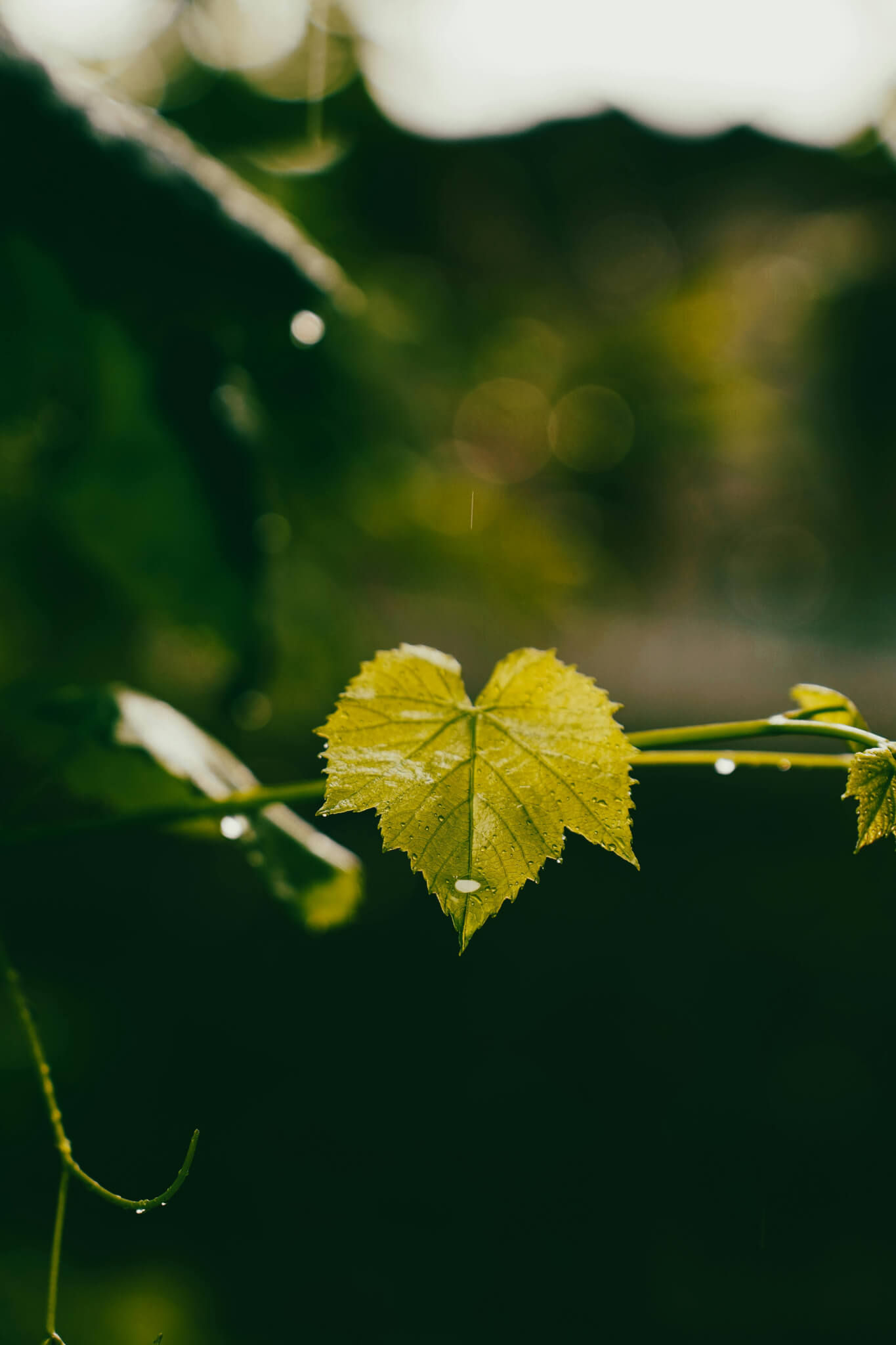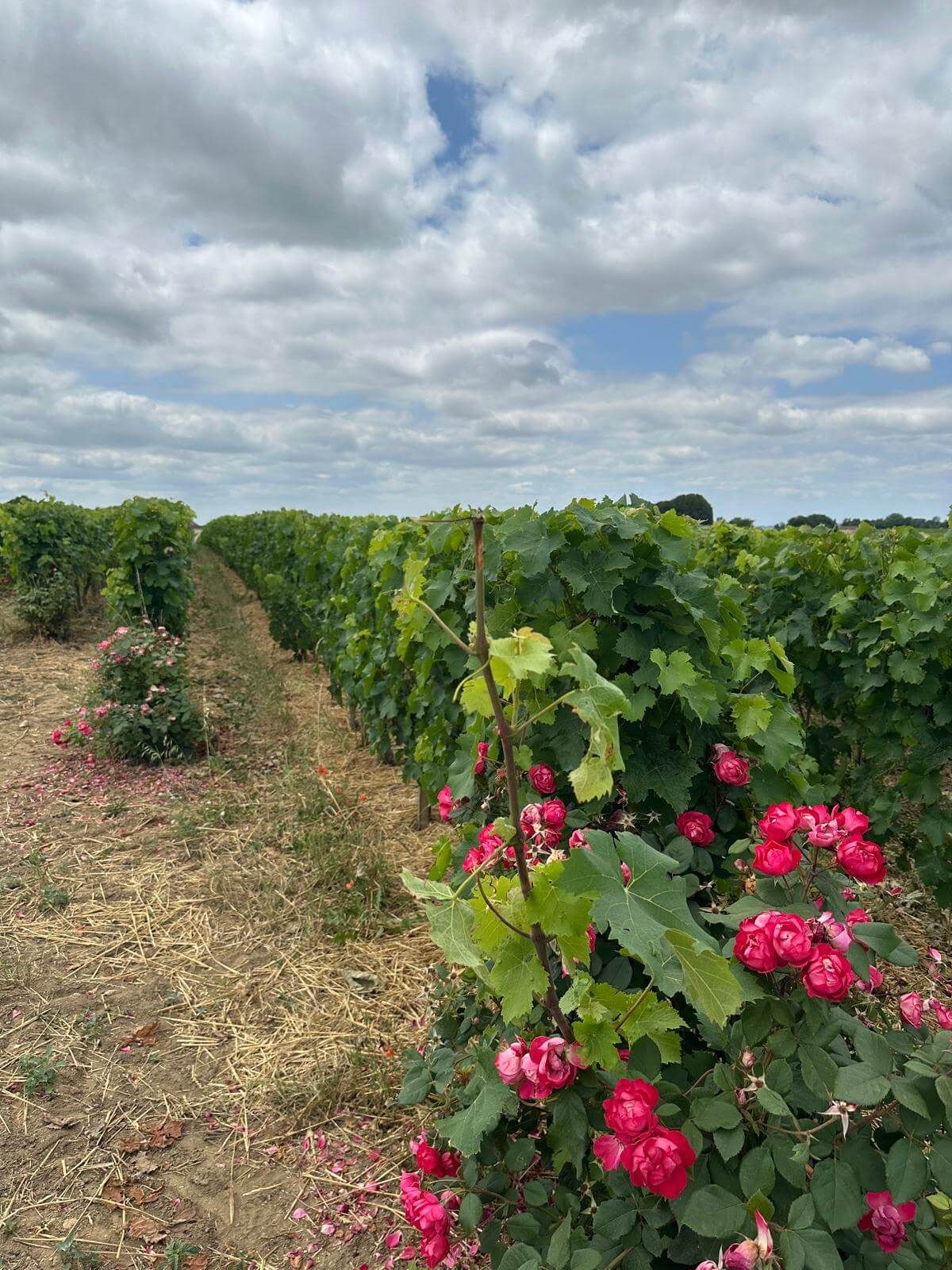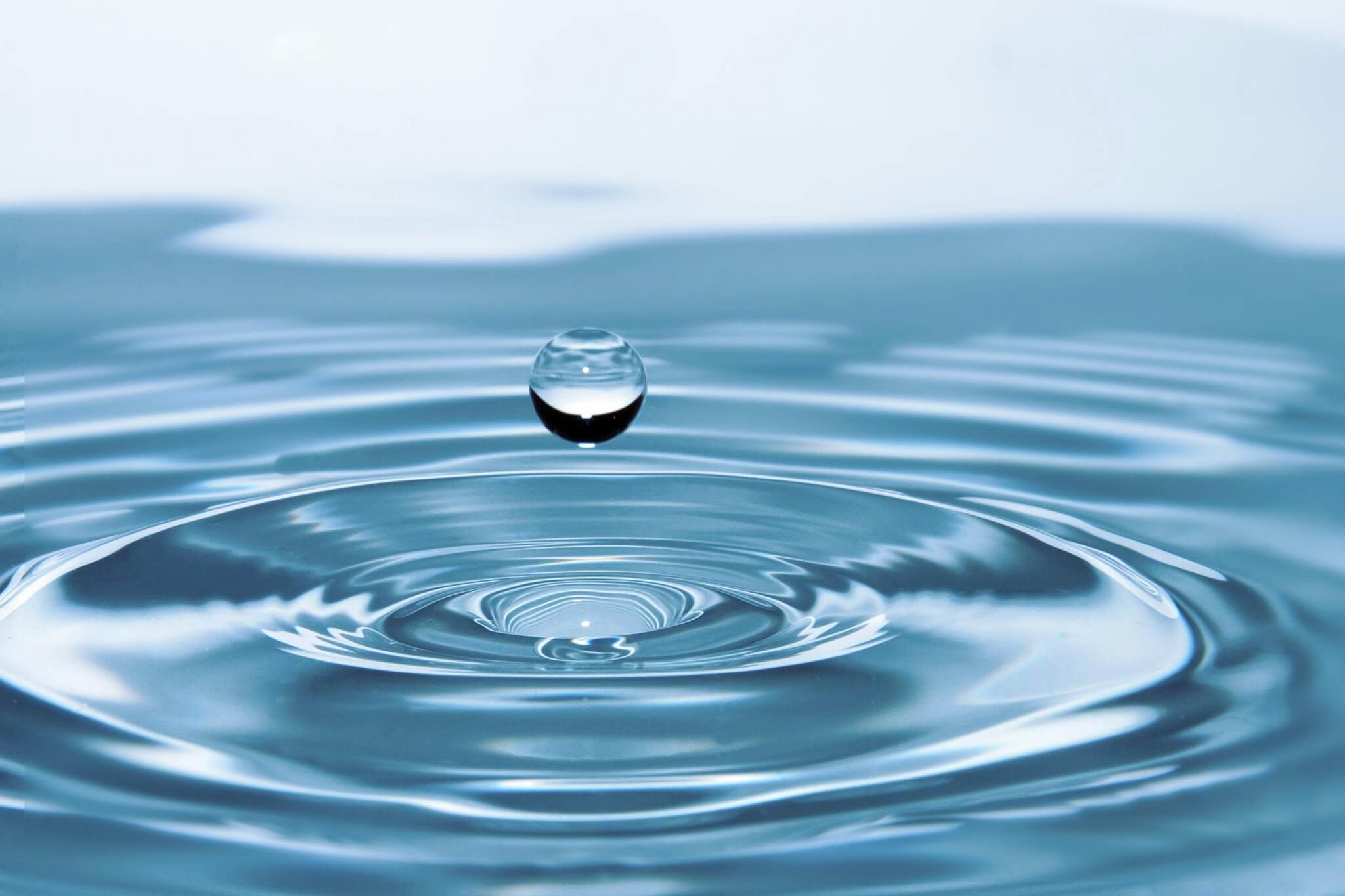Because water management in the vineyard is crucial in the face of climate change, our consultants dedicated to the environmental division have launched a three-year R&D project on this topic.
OUR R&D PROJECT ON VINEYARD WATER MANAGEMENT
Climate change has been affecting vine development, yields, and, more broadly, the balance of wines produced for several vintages now. In this context, Derenoncourt Vignerons Consultants has decided to study the impact of agricultural practices—both traditional and more recent—on the water resources of vineyard soils and the vine itself.
A key objective: addressing climate change
We initiated this project to anticipate the impacts of climate change, which is increasingly destabilizing wine production. Our aim is to respond to a clear challenge: how can tomorrow’s vineyards maintain both quantitative and qualitative wine production despite major climatic pressures?
Our priority is therefore to identify responsible methods that preserve the typicity of wine estates while ensuring their sustainability and resilience. These findings will directly feed into our consulting services in viticulture, winemaking, and environmental practices offered to winegrowers.
Methodology of our study on vineyard water resources
Our research is based on testing six different methods related to soil or vine water management. The study spans three years long enough to overcome the “vintage effect” and obtain more reliable results. A synthesis and analysis of the data will be conducted at the end of the study, followed by a communication phase.
After a first year of experimentation, we entered the second research phase in 2025. At this stage, some preliminary trends can already be observed, but no definitive conclusions can yet be drawn. Since the project is ongoing, results will only be consolidated at the end of the three-year cycle.

A committed research project at the heart of the Bordeaux vineyards
This study once again reflects the deep commitment of our consultants to applied research. It anticipates upcoming challenges and aims to provide concrete, field-based solutions to support vineyards in addressing climate-related issues.

Moreover, it reflects our strong involvement in the Bordeaux region and our close ties with local wine industry stakeholders. This work is conducted in partnership with the Excell laboratory as well as with several wine estates: Smith Haut Lafitte, Passe Craby, Loudenne, Garraud, Haut Selve, Beauregard, Larcis Ducasse, La Tour Figeac, Couhins, Chevalier, Belgrave, Patache d’Aux, Clos Fourtet, and Capet Guillier.
